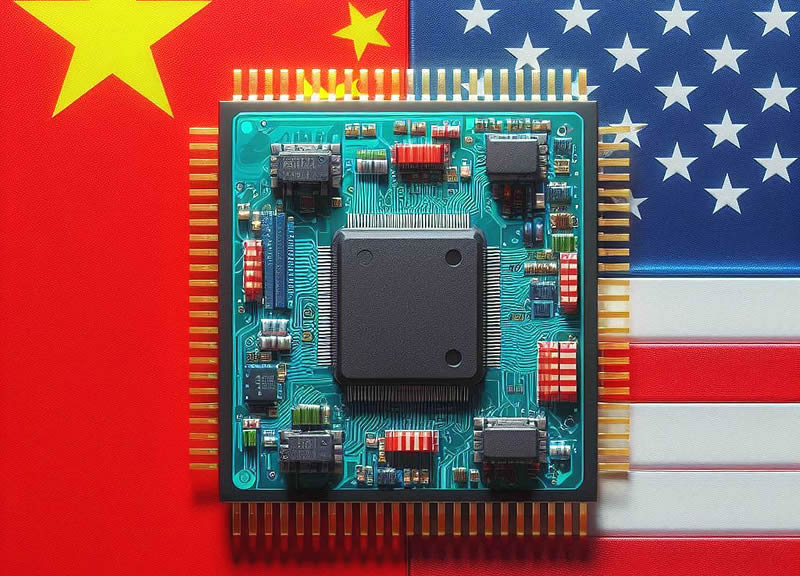Major Chinese technology companies, including Alibaba, Tencent, and ByteDance, have reportedly found a loophole allowing them to gain access to the latest U.S. computer chips, inclusive of those used for artificial intelligence (AI), despite current export restrictions. These Chinese giants aim to harness chips from sanctioned territories in the U.S without technically breaching sanction laws.
Exploring a Loophole
Chinese IT heavyweights have reportedly negotiated with American companies to lease processing power from U.S. data centers, working on restricted, state-of-the-art chips, according to The Information. It would subsequently provide Chinese companies with chip access, without violating the pickle of sanctions.
Negotiations and Partnerships
Tencent and Alibaba have reportedly engaged in talks with American multinational technology company Nvidia. Meanwhile, ByteDance, TikTok’s parent company, already uses Oracle’s services, gaining access to advanced chips. Additionally, ongoing discussions have been reported between China Telecom and U.S. cloud service providers regarding access to leading AI equipment.
Official Response
Nvidia declined to comment on the accusations, stating only that “all U.S. data center clients must comply with the applicable legislation”. The matter of whether chip usage by Chinese companies in the U.S. violates sanction laws remains uncertain.
Further Tensions
The above scenario signifies another chapter in the ongoing technological feud between the U.S and China. The Biden administration has noticeably tightened restrictions on exporting chips and their manufacturing equipment to China. Yet Chinese firms continue to find ways around the sanction system to gain the desired access to technologies.
Uncertain Future
While it is unclear how the U.S. authorities might react to such schemes, it is possible that further measures could be implemented to quash these actions. However, it remains clear that Chinese tech giants will continue to seek loopholes in the U.S. sanction system to secure access to crucial AI technologies.





